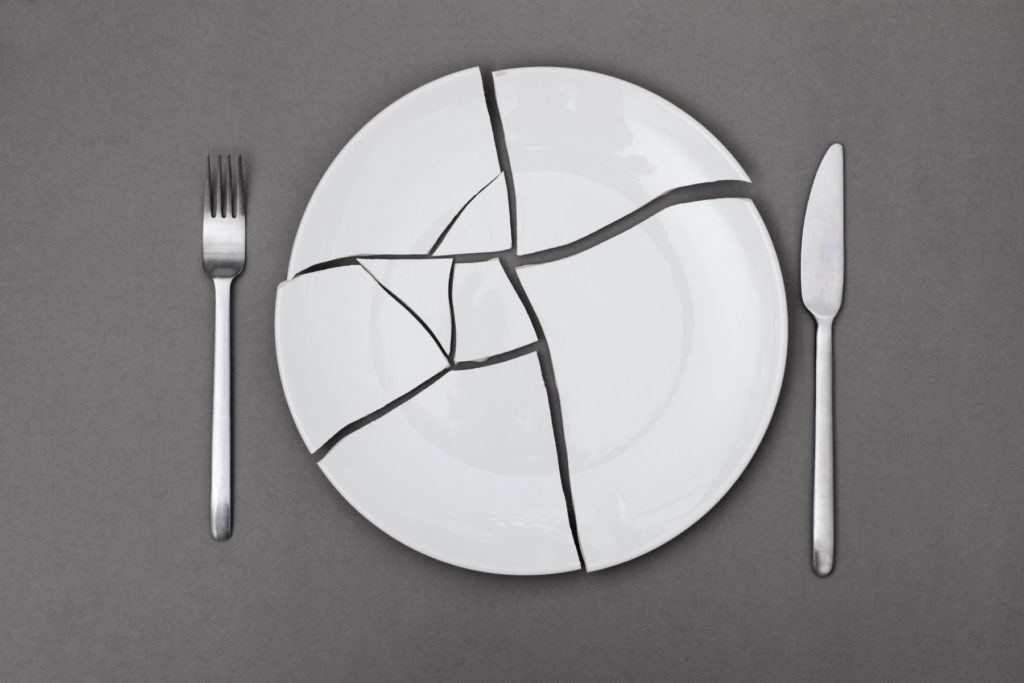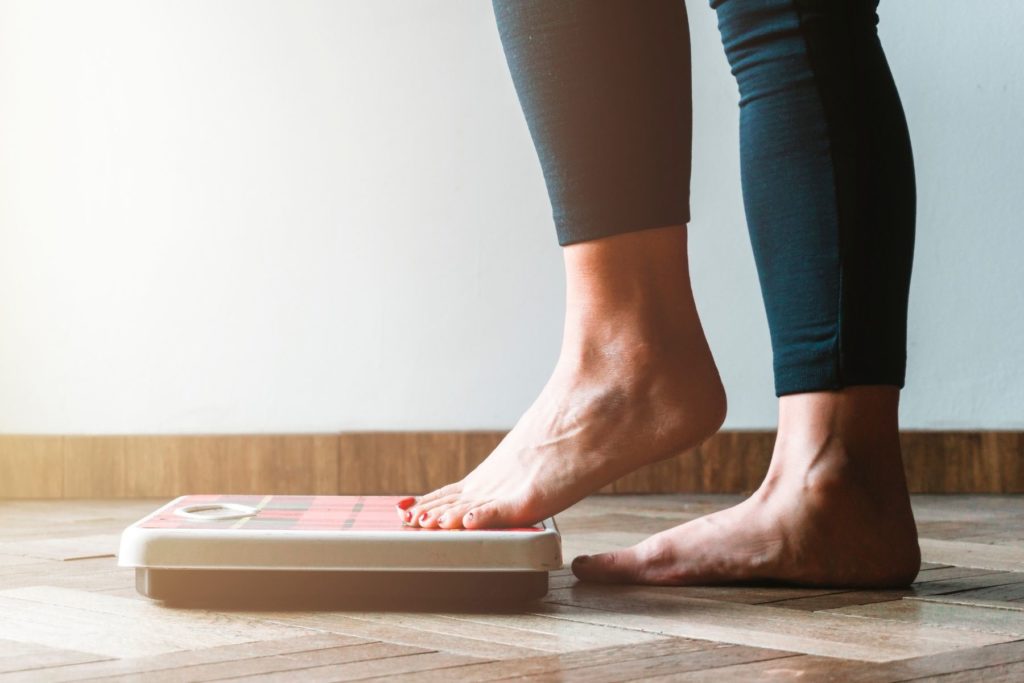Eating Disorders: 6 Things to Know
July 11, 2022

Eating disorders affect around 9% of the population. Even though they are common, they are often still viewed as taboo. With a lack of discussion around this topic, these disorders can be greatly misunderstood.
Therefore, here are 6 things we think you should know about eating disorders:
1. Genetics Play a Role
What causes EDs? These disorders are highly complex. Thus, this is not an easy question to answer. However, research shows that genetics may play a role.
28-74% of the risk for eating disorders is related to genetics. Studies show that disorders like anorexia and bulimia tend to run in families. One factor is that certain personality traits that play a role in eating disorder development may be passed on. These traits can include perfectionism, obsessive thinking, impulsivity, and rigidity. In addition, mental health conditions can be genetic, including those commonly seen alongside eating disorders. For example, these conditions may include anxiety, depression, and addiction. Finally, people with eating disorders may have chemical imbalances in the brain. More specifically, research has seen imbalances in the chemicals that control hunger and appetite.
2. You Don’t Have to be Underweight
Did you know that only less than 6% of those suffering with an eating disorder are underweight? The stereotype of associating “thinness” with eating disorders is more often than not, false. People suffering from these conditions can be underweight, overweight, and anywhere in-between. Although not all people with eating disorders are underweight, other symptoms related to undernourishing are often still present. These symptoms can include loss of period, fatigue, low heart rate, low bone density, and food obsession among others.
All bodies are unique when it comes to any condition. Due to this stereotype, many sufferers may not see themselves as “skinny” enough to be sick and seek help.

3. It is a Mental Illness
Eating disorders are often more than just skin deep. The DSM has recognized these disorders as as mental illness since the 80s. These disorders are often a coping mechanism. Individuals may attempt to control their body and food to feel more in-control of their situation or emotions. In addition, those suffering with eating disorders may also experience anxiety, depression, and/or obsessive compulsive disorder alongside. Thus, individuals suffering from an eating disorder may rely on a team of healthcare professionals, including a psychologist, in recovery.
4. Eating Disorders are Common in Athletes
In fact, 13.5% of athletes struggle with an eating disorder. Further, 45% of female athletes and 19% of male athletes have an eating disorder. In particular, athletes in “aesthetic” sports are at a higher risk. For females, high-risk sports include dance, gymnastics and skating. For men; wrestling, horseback riding, and bodybuilding.
Why are athletes at such a high risk of eating disorders? One factor can be the belief that a smaller, leaner body can enhance performance. Another; coaches that focus on athlete’s weight. In addition, commonalities in sport like perfectionism, competitiveness, body image struggles, and even revealing uniforms may be part to blame.
5. Athletes are Less Likely to Seek Treatment
Although eating disorders are common among athletes, they may be less likely to seek help. Studies show that a large portion of athletes do not even recognize that their behaviours are harmful. Further, athletes can experience a greater stigma around mental health compared to non-athletes, deterring them from seeking help.
The normalisation of strict dieting, weight loss, and amenorrhea in sport is common. In addition, the belief that a small body and a lean physique can enhance performance is a prevalent narrative. Finally, barriers such as the cost of dietitians/psychologists, accessibility, busy schedules, and frequent travel can play a role.

6. Eating Disorders in Males are on the Rise
Eating disorders among men are becoming more and more common. Disorders such as anorexia, bulimia, and binge-eating affect many men. In fact, one in three people with an eating disorder are male.
Like women, men feel pressure from society to look a certain way and fit a certain body type. From male superheros and action figures to men in media, we see a stereotypical male body. There is pressure for men to achieve and maintain a lean and “buff” physique. As a result, many men also suffer from muscle dysmorphia. This form of body dysmorphia involves the obsession with obtaining a lean, muscular physique and the presence of an “imagined defect in appearance”.
Key Takeaways…
Eating disorders affect many people. These illnesses involve more than just vanity and are almost never a choice. Eating disorders do not discriminate and can affect men, women, and people of all races and ages. Those involved in sports may be at a higher risk of developing an eating disorder. However, athletes are also less likely to seek treatment. All in all, these conditions can be deadly and require serious treatment and care.
Are you looking for support for disordered eating or an eating disorder? Our non-diet dietitian team is happy to offer guidance. See our services HERE.
[…] with the people you love. These programs can provide a safe space to educate friends and family on eating disorders. More specifically, why diets don’t work, how the pursuit of changing our bodies causes more harm […]
[…] and recovery, supplementation and more. There are also sports dietitians who specialize as eating disorder dietitians. These RD’s help active clients with eating disorders fuel themselves properly and […]
[…] Eating disorders are complex and confusing. Working towards recovery can be very tolling on not only the person battling the illness, but also their support systems. It is often helpful to separate the illness from the person suffering from it. This can be an empowering part of recovery to identify the voice, as well as an opportunity to take back control from it. […]